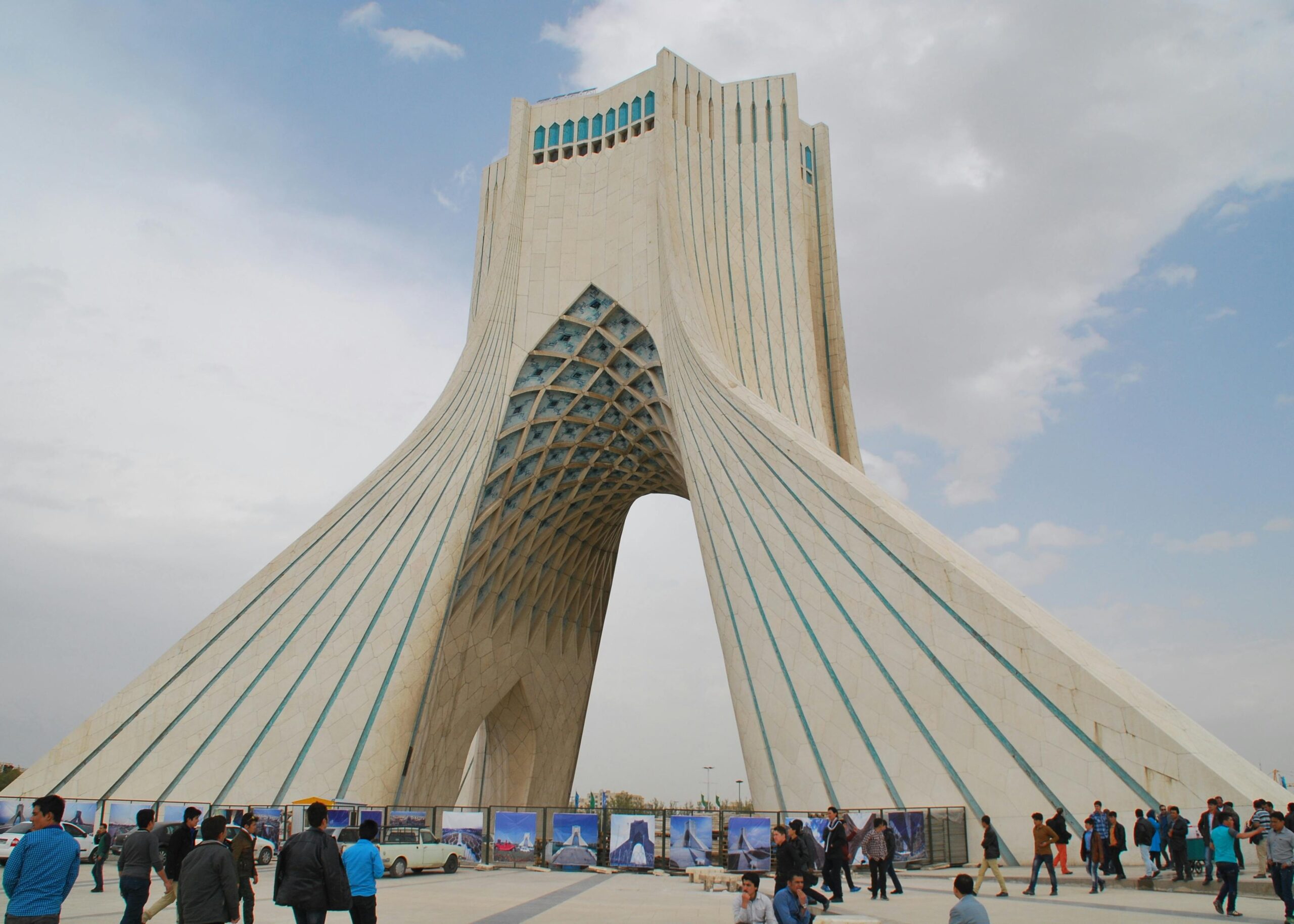In today’s globalized world, cross-border litigation is becoming increasingly common. Whether you’re a business owner dealing with a contractual dispute, a law firm pursuing international litigation, or an individual involved in a civil or family law matter that spans borders, the need to serve legal documents abroad is growing. Iraq, with its complex political structure and evolving legal system, presents unique challenges in this domain. This article provides a detailed guide on how to work with a process server in Iraq to ensure legal documents are served properly, efficiently, and in compliance with international and domestic laws.
Understanding Process Service in Iraq
Process service is the formal delivery of legal documents to a party involved in litigation, ensuring they are notified of court proceedings. This includes serving summonses, complaints, subpoenas, divorce papers, and other legal notices. When the party to be served is located in Iraq, the method of service must comply with both Iraqi regulations and international legal norms.
Unlike many countries, Iraq is not a signatory to the 1965 Hague Convention on the Service Abroad of Judicial and Extrajudicial Documents. This means that there is no standardized international process in place to facilitate service of process between the United States (or other Hague Convention member states) and Iraq. Therefore, working with an experienced process server in Iraq becomes not only necessary but critical.
The Role of a Process Server in Iraq
A process server in Iraq plays a crucial role in bridging legal systems. These professionals are knowledgeable about Iraqi civil and criminal procedure laws and understand how to navigate local bureaucracies and cultural sensitivities. Their core responsibilities include:
- Identifying the recipient: Locating individuals, businesses, or government entities for the purpose of serving documents.
- Delivering documents: Ensuring that legal notices are delivered personally or by other legally recognized means.
- Affidavit or proof of service: Providing a signed document verifying that service was executed according to the appropriate legal procedure.
Due to Iraq’s security landscape and legal complexities, attempting service without a qualified process server in Iraq can lead to delays, failed service, or even legal invalidation of the court process.
Methods of Service in Iraq
Since Iraq is not part of the Hague Service Convention, alternative service methods are used, which include:
1. Service via Letters Rogatory
This is the formal process of requesting a foreign court (in this case, an Iraqi court) to effect service of process on a defendant within its jurisdiction. The steps generally involve:
- Preparing a letter rogatory in Arabic, adhering to Iraqi legal formalities.
- Routing the request through diplomatic channels, typically starting with the U.S. Department of State and transmitted to the Iraqi Ministry of Foreign Affairs.
- Waiting for the local Iraqi court to execute the service and return confirmation.
This method is time-consuming and expensive, often taking 12 months or more. Hence, it’s typically used only when no other viable option is available.
2. Private Process Service
Hiring a private process server in Iraq is often the most efficient and reliable method. These professionals have on-the-ground knowledge and can often complete service much faster than diplomatic channels allow. While Iraqi law does not explicitly authorize private service in all cases, courts in the U.S. and other jurisdictions may permit this form of service under Rule 4(f)(2)(C)(ii) of the U.S. Federal Rules of Civil Procedure, provided it doesn’t violate local law.
3. Service by Publication or Alternative Means
In rare cases, U.S. or international courts may allow service by alternative methods, including service by publication or email, especially if personal service proves impossible. However, this usually requires a court order and a strong showing that traditional methods have been exhausted.
Challenges of Serving Process in Iraq
1. Political and Security Instability
Iraq has areas with significant security concerns. Some regions are not accessible to civilians, let alone foreign professionals. A local process server in Iraq understands which regions are viable for travel and service and can work within these constraints.
2. Legal System Complexity
Iraq has a civil law system heavily influenced by Islamic law (Sharia) and historical legal codes. The legal procedures for service are not always standardized, especially for foreign-origin cases. Local courts may require documentation to be in Arabic and notarized or legalized via consular channels.
3. Language and Documentation
All documents must be translated into Arabic, often requiring certified or sworn translations. Iraqi courts may also require authentication or legalization of documents via the consulate.
4. Limited Governmental Support
With Iraq not being a Hague member, there is no central authority to help coordinate international process service. Delays or bureaucratic hurdles are common when relying on governmental channels.
Why Hire a Professional Process Server in Iraq?
Given these challenges, a seasoned process server in Iraq offers unparalleled value. Here are some of the reasons to hire a professional:
- Local Expertise: Professionals understand Iraqi geography, legal procedures, and cultural norms.
- Efficiency: Process servers can complete the task in weeks, compared to months or years via letters rogatory.
- Legitimacy: A professional can provide a legally sound affidavit of service that meets U.S. and international court standards.
- Security: Professionals are trained to work in high-risk areas and can assess whether service is viable in specific locations.
- Cost-Effective: While private service may appear expensive upfront, it avoids the hefty costs of delays, failed service, or non-recognition of judgments.
Legal Considerations for U.S. Litigants
If you’re a U.S.-based party seeking service in Iraq, it’s crucial to understand how U.S. courts treat foreign service under FRCP Rule 4(f):
- Rule 4(f)(1) allows service by international agreement (not applicable to Iraq).
- Rule 4(f)(2) allows service if not prohibited by foreign law, including personal service by individuals not part of the court.
- Rule 4(f)(3) allows for court-ordered alternative service, including email, social media, or publication.
A reputable process server in Iraq can help document all service attempts, strengthening any request for alternative service if required.
Choosing the Right Process Server in Iraq
When choosing a process service provider, ensure they meet the following criteria:
- Experience in Iraq: Not just Middle East service, but specific experience within Iraqi legal, linguistic, and cultural contexts.
- Bilingual Capabilities: Fluency in Arabic and English ensures documents and affidavits are accurate.
- Legal Knowledge: Familiarity with Iraqi and international service rules.
- Proven Track Record: Ask for references or proof of previously completed service in Iraq.
- Security Protocols: Ensure they have measures in place for safe service in volatile regions.
One such provider is Process Server Corporation, a globally trusted process service firm with extensive experience in challenging regions, including Iraq.
Partner with Process Server Corporation for Iraq Service
At Process Server Corporation, we understand that every international service of process case is unique. When dealing with jurisdictions like Iraq, precision, professionalism, and patience are paramount. Our team of licensed international process servers and legal support experts ensures:
- Fast, secure delivery of documents
- Comprehensive understanding of U.S. and Iraqi laws
- Local agents on the ground for personal service
- Diligent preparation of affidavits and court-ready documentation
- Support throughout the entire process
With a focus on accuracy and reliability, we are your trusted partner when seeking a process server in Iraq.
Final Thoughts
Serving legal documents in Iraq is no easy task. From navigating government bureaucracy to dealing with regional security issues and ensuring compliance with foreign laws, the process is riddled with potential pitfalls. However, with the right partner, it becomes not only manageable but also efficient and enforceable.
Whether you’re a U.S. law firm, a multinational corporation, or an individual needing legal notice served in Iraq, hiring a professional process server in Iraq is your safest and most reliable option. Don’t leave something as crucial as international service of process to chance.
Call to Action
If you need professional and legally compliant process service in Iraq, Process Server Corporation is ready to assist. With years of experience and a network of local professionals, we ensure your documents are served efficiently and correctly. Contact us today for a consultation.
📞 Call us at (800) 845-6093
🌐 Visit https://processservercorp.com/
Process Server Corporation — Serving the world, one document at a time.
Click Here to Submit Your Process Service Assignment Now
Disclaimer: This article provides general information and should not be construed as legal advice. For specific situations involving international service of process, please consult with qualified legal counsel familiar with both the relevant jurisdictions and current treaty statuses.




